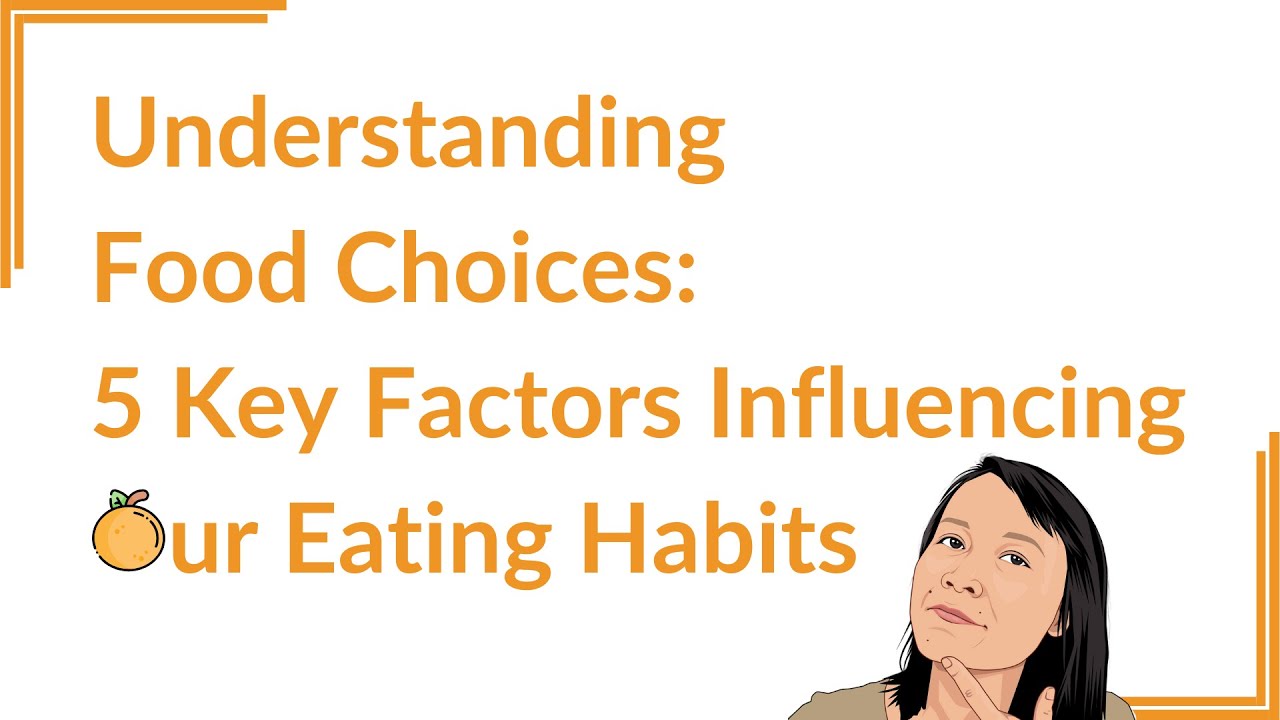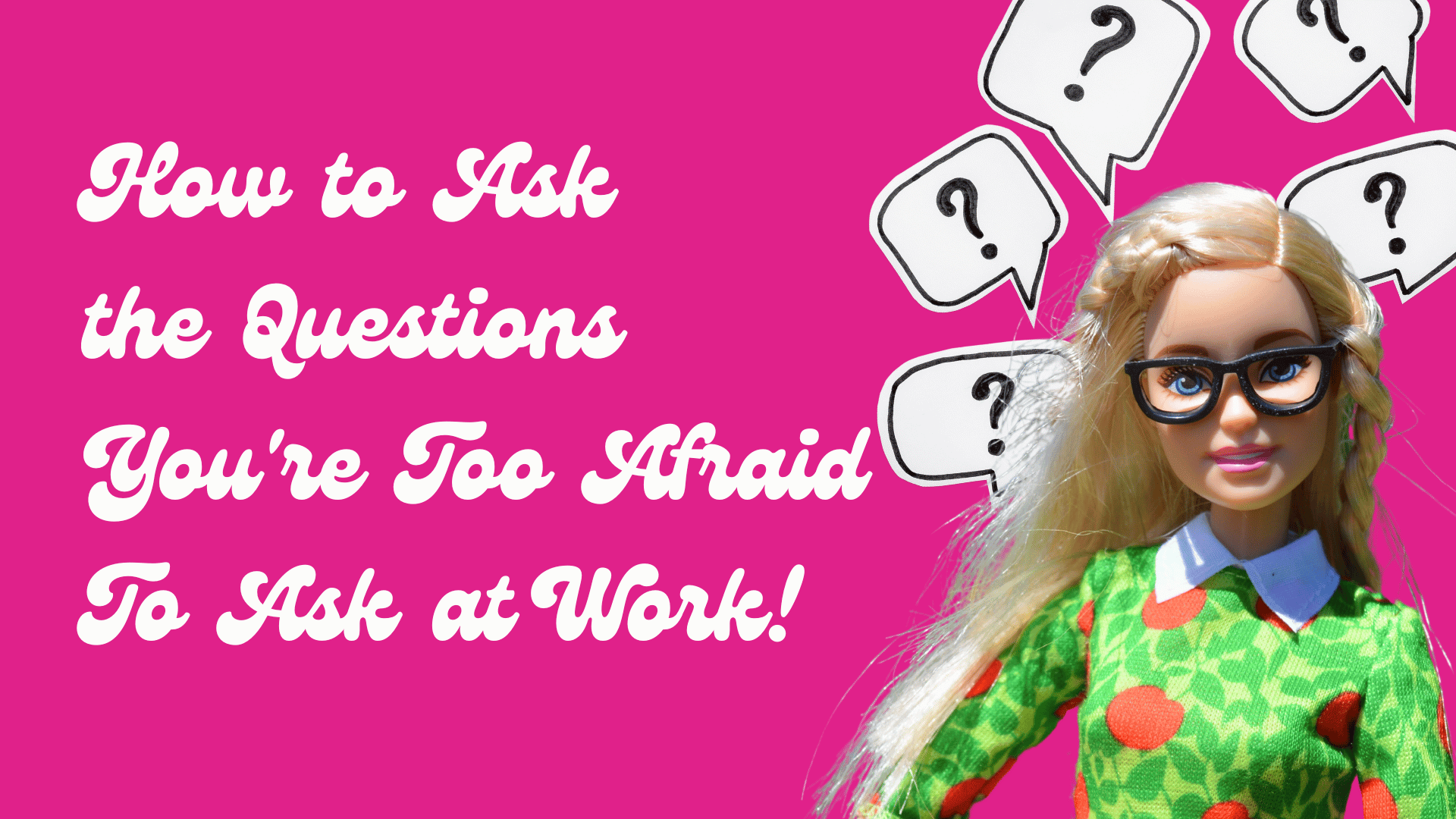We may have friends who don’t always treat us well, or might even hurt us, and we also have friends who treat us really well. We may instinctively know what we like or have an idea of how we feel friends should treat us, and yet most of us haven’t ever articulated it. Before we can ask people to treat us differently, we have to be really clear about how we want to be treated.
Here are six steps to help you identify how you feel your friends should treat you.
- Ask yourself who among your friends treat you well. I am fortunate I have a really long list of friends who have been amazingly supportive over the years.
- Write a list of examples of what these friends do for you. As I looked at the list of names, I thought about the specific things people did to support me. It could be text messaging me to check in, remembering my birthday, posting a photo of my book in an interesting place, etc.
- Analyze the list for themes and patterns and consolidate it to make the Iist shorter and more general. For example, you might have, “listens to me when I was feeling sad about losing my job” for one friend and for another friend, you wrote, “Listens to me when I was having health issues.” So the general theme here is someone who listens to you. For me, I have been really moved by all the acts of kindness from my friends. Every year, I design a different valentine card. This year, I decided to write out a list of all of these acts of kindness and highlight that particular ones people did. You can read my list here.
- Write a list of the friends who treat you badly. Oh, fortunately, this list is a lot shorter. People always listen. I’ve been in my life for a really long time and it’s more of legacy friendships out of habit.
- Write a list of examples of what these friends do that hurt you. For me, they have unrealistic expectations of me.
- Analyze this list. Do you see something on the list that is the opposite of how you would like to be treated? Perhaps you should add that to your list of how you want to be treated. For example, you have a friend who constantly interrupts you. You can write, “Doesn’t interrupt me when I’m talking.” For those of you who are familiar with the 7 Forms of Respect framework, you can even categorize how you want to be treated by the forms of respect.
It’s so easy to say, “I want my friends to treat me better”, but “better” can mean different things to different people. We have to be specific about what we mean so there can be change. For example, one person might like it when other people buy them meals and another person might not like that because it feels condescending, as if their friends think they can’t afford to pay for their own meal.
Also, let those friends who treat you well know you appreciate how they treat you and be specific with your examples. And next time you interact with the friends who hurt you, specify how you would like to be treated, referring to the list of examples from friends who treat you well.
If you need help specifying how you would like to be treated and respected, check out our free crash course, a 20-minute guide to asking for the respect you want.








Leave a Reply